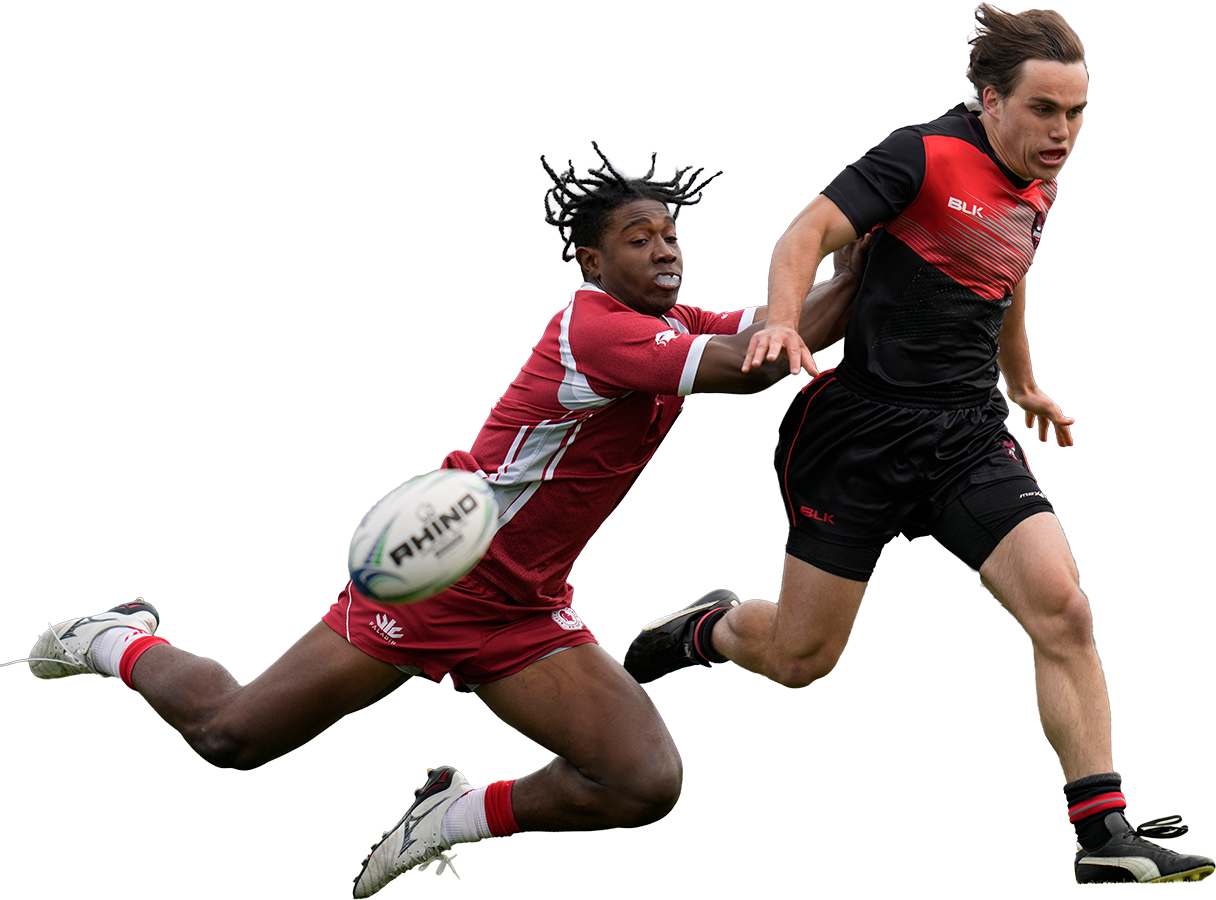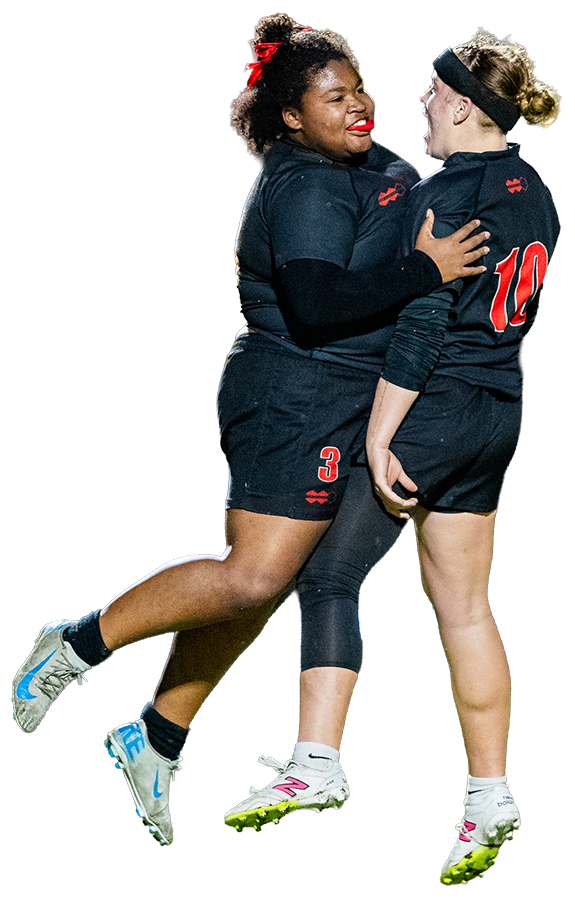Rugby is more than just a sport—it's a community built on teamwork, respect, and resilience. As an emerging sport in the U.S., over 60% of rugby players first pick up the ball in college. Starting a college rugby team brings students together in a fast-paced, inclusive environment that fosters leadership, camaraderie, and physical fitness.
With its global reach and growing presence in the U.S., rugby offers players of all backgrounds a chance to be part of something bigger than themselves. Whether you're new to the game or a seasoned athlete, rugby can transform your college experience on and off the field.

